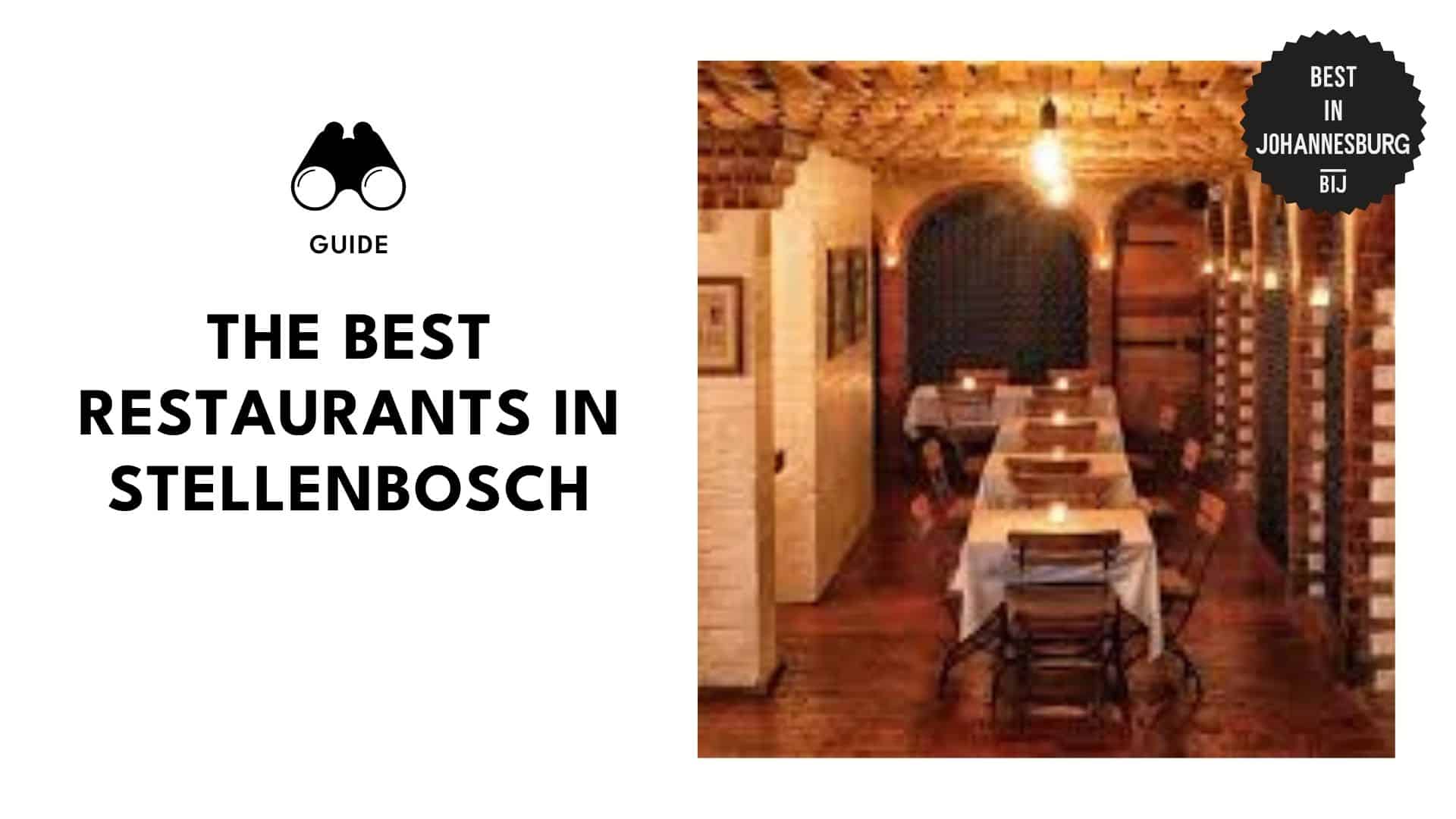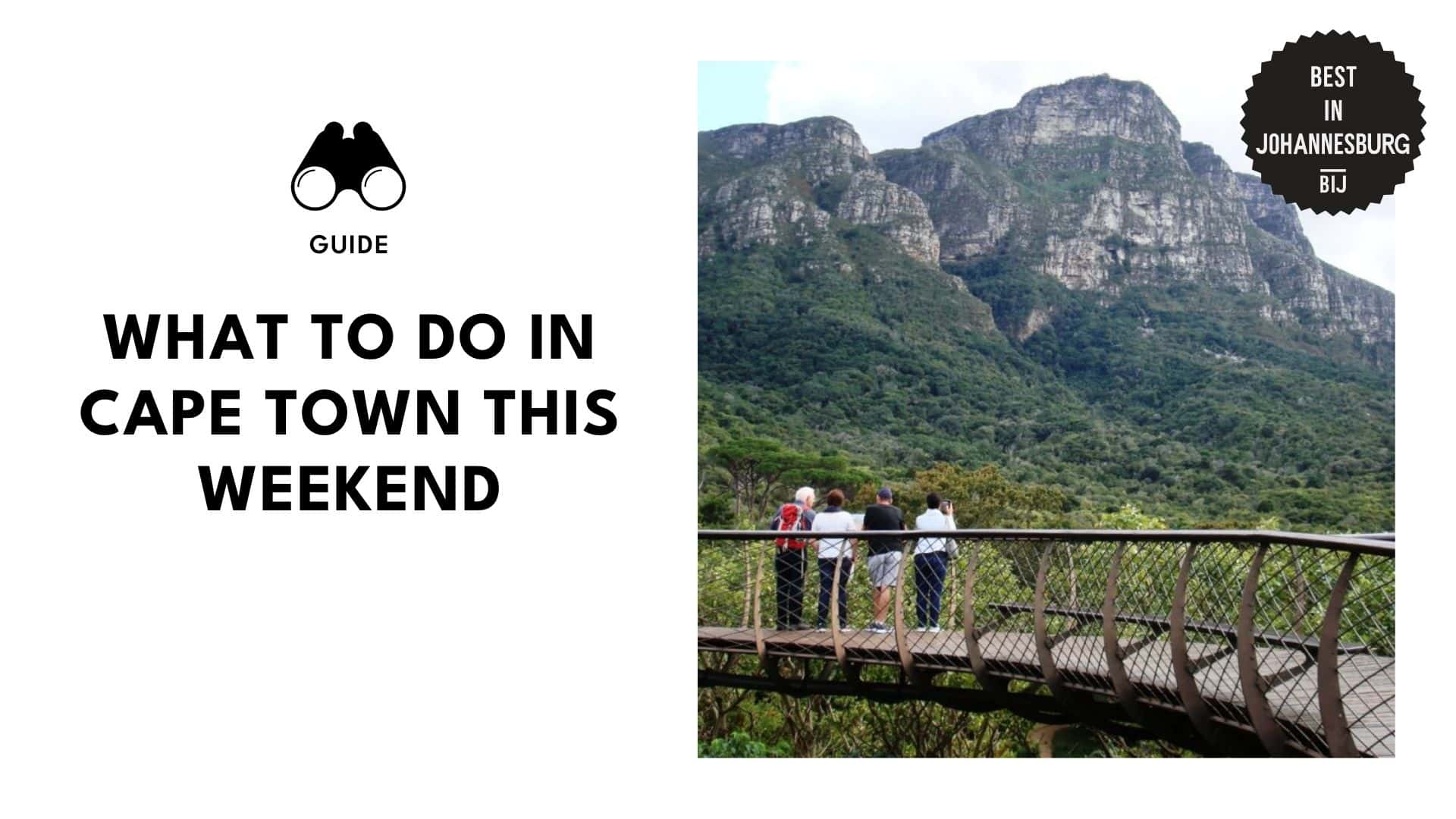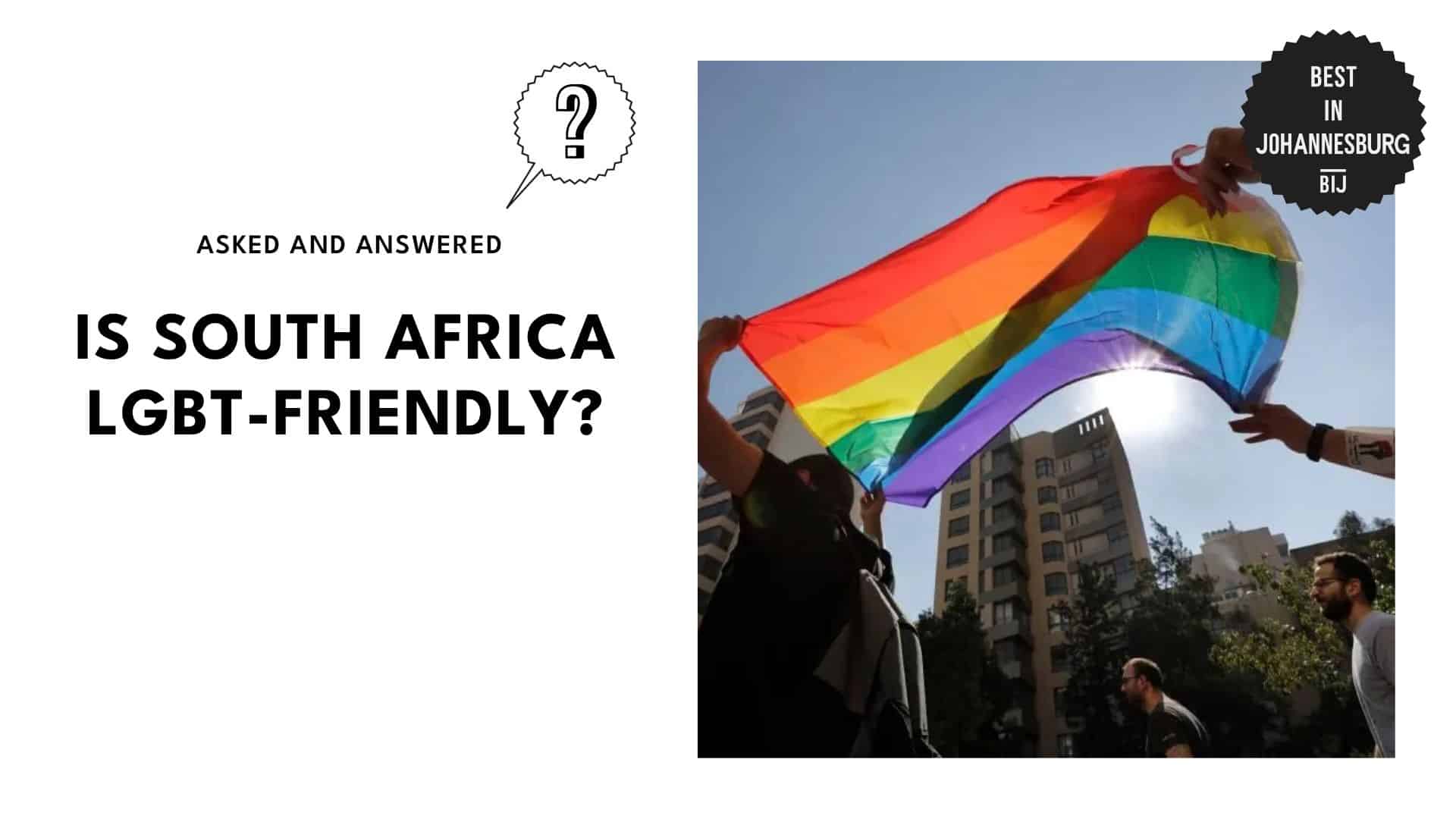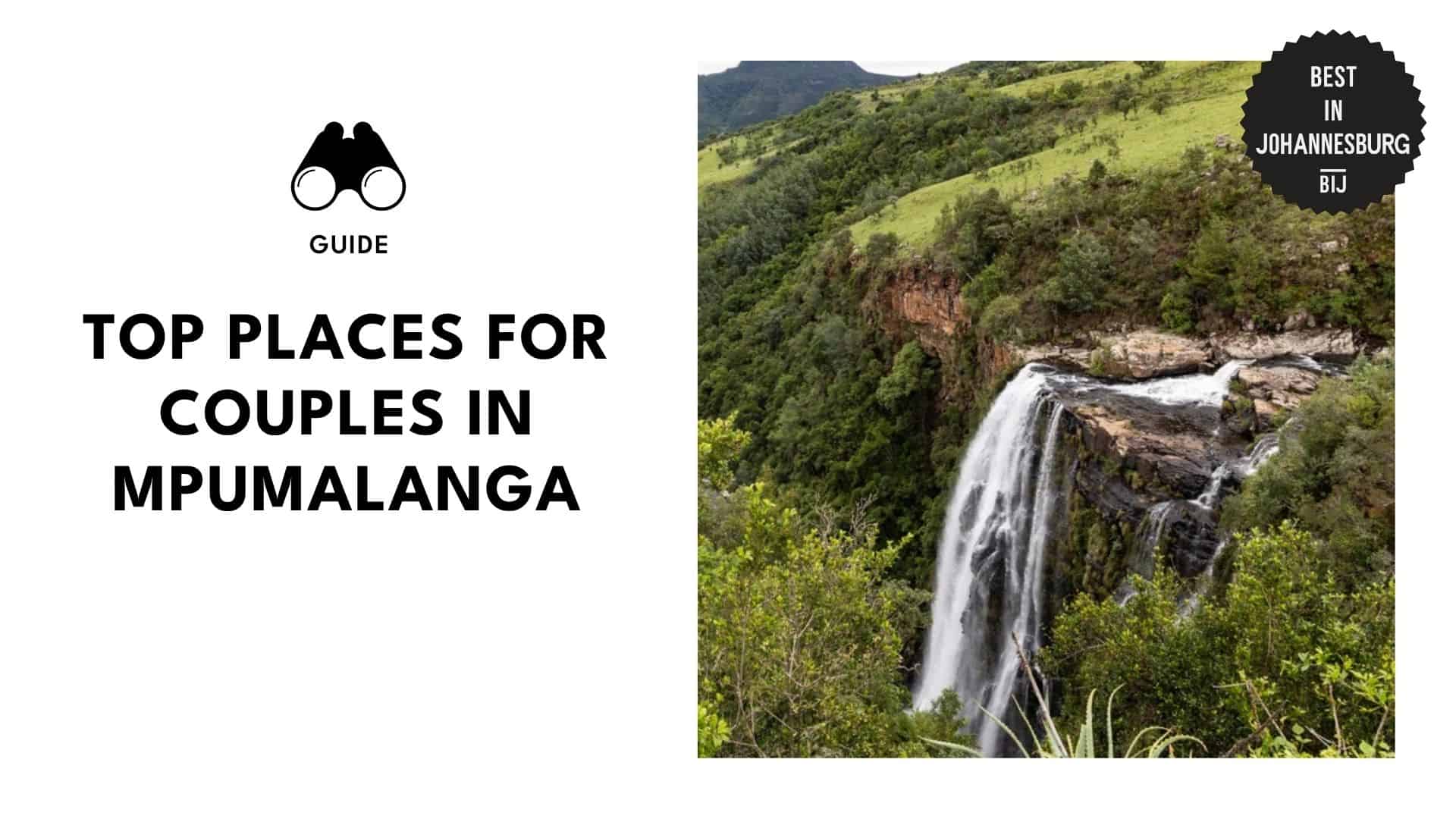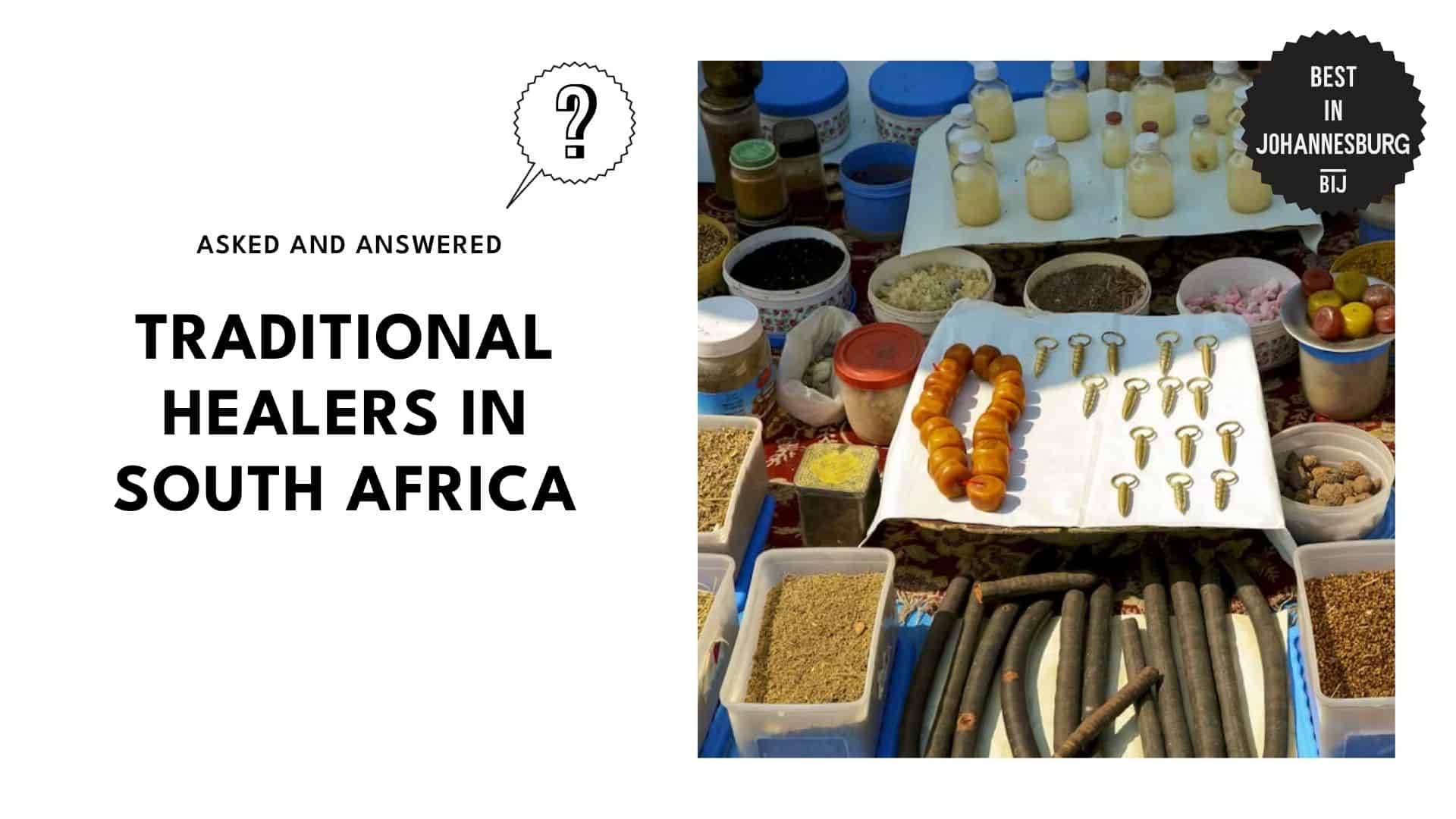Categories > Guides and Tips
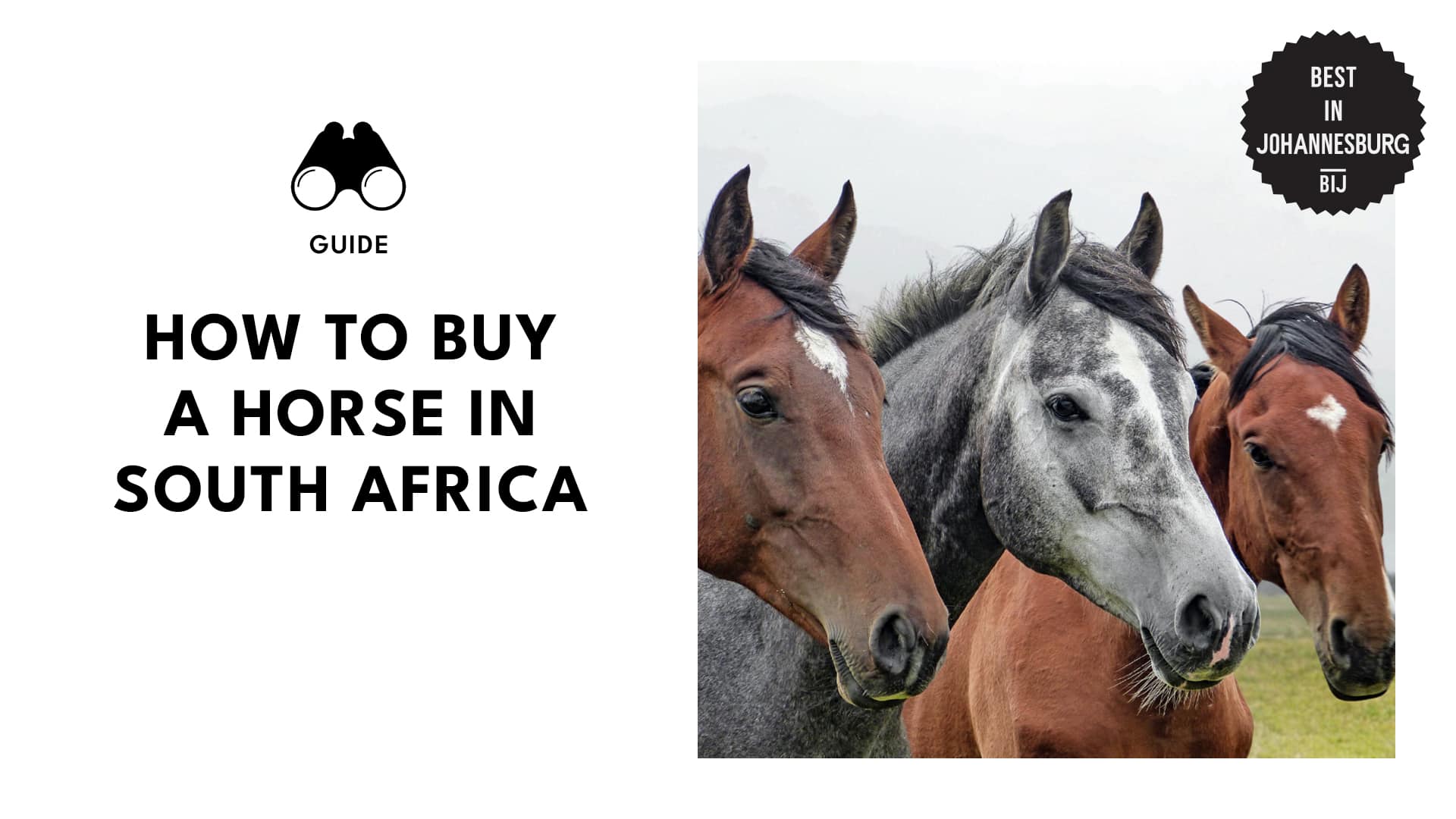
A Step-by-Step Guide to Buying a Horse in South Africa
Part of South Africa’s distinct culture includes horse racing and equestrian sports. Given the country’s deep affinity for horses, it stands as one of the best places in the world to purchase high-quality equines.
Whether you’re a first-time buyer or a seasoned horse enthusiast, it’s essential to review this list of considerations and insights when purchasing a horse in South Africa. Here’s a guide on how to go about it!
How to Buy a Horse in South Africa

| Difficulty | Easy ●●●○○ |
| Time required | Variable; depends on how much time is spent on researching and deliberating |
| Things you need | A farm, a stable, horse equipment |
To buy a horse in South Africa, you must first research the expenses of maintaining a horse, the cost of different horse breeds, what breeds are good for, and which ones are rare. Then you’ll need to decide which horse is best for you.
After, you will need to set up your horse’s living space and finally purchase the horse from your preferred dealer.
Want to learn more? Let’s break those steps down below!
Step 1. Do your research.

Before you proceed with buying a horse, the most important step is to conduct preliminary research about horses. You’ll need to take note of things like the costs for equipment and horses, as well as the different breeds and their intended purposes.
Below is a list of all the things you need to know about horse expenses and breeds.
Costs

Horses in South Africa come in a variety of price ranges, that are primarily influenced by different standards and specifications of a horse. That said, it’s important to know the costs of different horse breeds in the country.
Also, take note that the cost of a horse can vary depending on its breed, purpose, colour, bloodline, and even demand. Depending on the type of horse, you can expect to pay anywhere from R 10,000 to R 600,000.
Here is a list of the average costs of horse breeds in South Africa, based on Briefly:
| Breed | Cost |
| Boerperd | R 25,000 to R 85,000 |
| Warmblood | R 110,000 to R 250,000 |
| Pony | R 295,000 |
| Thoroughbred | R 35,000 to R 250,000 |
| Appaloosa Sport Horse | R 80,000 |
| Sport Horse | R 25,000 to R 85,000 |
| Saddlebred | R 600,000 |
| Quarter Horse | R 65,000 |
| Welsh Pony | R 40,000 |
| Welsh Mountain Pony | R 50,000 |
| Appaloosa | R 30,000 to R 45,000 |
Keeping a horse and maintaining its living conditions can be very costly and usually costs thousands of Rand
Here’s a list of what you’ll need to keep and maintain a horse, and how much each costs on average:
| Item/Service | Cost |
| Horse tack | R 5,000 to R 100,000 |
| Headcollars | R 600 to R 1,000 |
| Bridles | R 5,000 to R 10,000 |
| Veterinary Care | R 10,000 to R 20,000 |
| Transportation | R 8,000 to R 15,000 |
| Curry Comb | R 70 to R 200 |
| Hard Brush | R 80 to R 200 |
| Soft Brush | R 50 to R 190 |
| Pulling Comb | R 50 to R 100 |
| Shedding Blade | R 300 to R 500 |
| Hoof Pick | R 10 to R 50 |
| Grooming Box | R 1,000 to R 8,000 |
| Riding Gear | R 1,000 to R 50,000 |
Breeds

Considering the wide variety of horses available for purchase, it’s no surprise that every horse breed has its strengths and weaknesses. Likewise, each breed has different traits that make them advantageous for certain types of activities.
For instance, if you’re interested in horse jumping shows, you might consider acquiring a Thoroughbred or a Warmblood. Conversely, individuals seeking a horse for farm work might opt for a Boerperd, commonly utilised for agricultural activities.
That said, here’s a list of horse breeds and what they’re best for, based on Briefly:
| Breed | Purpose |
| Boerperd | All-rounder, Carriage, Dressage, Show riding, Working farm horse |
| Warmblood | All-rounder, Dressage, Eventing, Equitation, Showjumping, Showing |
| Pony | Dressage, Eventing, Showjumping |
| Thoroughbred | Dressage, eventing, Riding, Bomb-proof, Groundwork, Showjumping |
| Appaloosa Sport Horse | All-rounder |
| Sport Horse | Basic schooling, Dressage, Showing, Broodmare |
| Saddlebred | Carriage, Gaited, Long line |
| Quarter Horse | Outrides |
| Welsh Pony | Dressage and Lead rein |
| Welsh Mountain Pony | Therapy and Outrides |
| Appaloosa | Bomb proof, Backed, Basic schooling, Riding |
Rarity

Speaking of horse breeds, it’s also important to consider which horses are rare and common in South Africa while doing your research.
This is because rare horses are highly sought after, making them excellent investment opportunities if you can afford their price tags. Likewise, these breeds will also grow in value as time passes.
One such example is the Nooitgedacht horse, a rare breed, developed for South Africa’s unique terrain. Apart from its historical importance, this breed is also valued for its robust build and comfortable gait, making it highly desirable among enthusiasts.
Step 2. Identify your preferred horse breed.

Now that you know all about horse breeds and prices, it’s time to select the horse that’s best for you. Make sure to compare each horse together, starting with their strengths, weaknesses, traits, and characteristics.
Step 3. Look for a horse dealer

Now that you’ve made up your mind about which horse to purchase, it’s time to find a reputable horse dealer. There are lots of horse dealers in South Africa which are known for their reputation and great services.
You can also connect with a reputable horse dealer by seeking recommendations on online South African horse community forums. Here, you’ll receive multiple suggestions from other users who have personal and trusted horse dealers.
Here are some reputable horse dealers in South Africa:
Sunny Park Stables

Address: 130-129 Jurgens Rd, Jatniel, Benoni, 1514, South Africa
Contact: +27 82 900 3067
Sunny Park Stables is an equine facility composed of a horse riding school, a stable, and a shop catering to all things related to horses. Renowned as reputable horse dealers, they are known for providing high-quality horses at reasonable prices.
Their selection includes Bay Warmbloods, Dark Bays, and Bay Geldings, among other exceptional horses.
Ruach Pinto Sport Horses

Address: Farm 406, portion 22 of the farm Lagerspoort, R23, Lagerspoort Rd, 1438, South Africa
Contact: +27(0) 82 751 1909
Established in 2012, Ruach Pinto Sport Horses is dedicated to the breeding of high-quality South African Sport Horses, infused with a distinctive touch of color.
Specializing in various racing and sports-oriented equines, this dealership offers a diverse range of horses for sale, including Warmbloods, Sport Horses, Oldenburg Warmbloods, and more.
BloodStock South Africa

Address: Elandsfontein 108-Ir, Germiston, 2094, South Africa
Contact: +27 31 303 1017
Bloodstock South Africa is a leading pioneer in equine auctions, playing a crucial role in South African bloodstock sales for decades. As highly respected horse dealers in South Africa, they have built a reputation for exceptional services.
Offering an impressive array, their selection includes a diverse range of horses, spanning from Warmbloods, Saddlebreds, Appaloosas, Thoroughbreds, to even Boerperds.
Thoroughbred Breeders Association of SA

Address: M46, N12, Rand Airport Rd, Elandsfontein 108-Ir, Germiston, 1401, South Africa
Contact: +27 (0) 82 871 6915
The Thoroughbred Breeders’ Association of South Africa plays a pivotal role in promoting the South African Thoroughbred Bloodstock industry. It’s recognized as the most reputable place to get horses, with extensive support from various stakeholders.
With a network of over 300 breeders, the association offers a diverse range of horses, including Thoroughbreds, Sport Horses, Ponies, Saddlebreds, and more.
Equine South Africa

Contact: +27 81 748 4904
Equine South Africa is a reputable horse dealer with a robust online presence in South Africa. They are well-regarded for their straightforward services, extensive horse offerings, an online horse store, and top-notch services.
They offer a diverse range of horse breeds, including SA Sport Horse, Appaloosa, Arabian, Warmblood, and more.
| Things to Ask a Potential Horse Dealer 1. Ask what is the horse bred for. A crucial aspect of buying a horse is its intended purpose for breeding. While horse breeds generally provide insights into a horse’s capabilities, many horses defy conventional breed expectations. Horses like the Boerperd, might be used solely for breeding despite its potential as a racehorse. Similarly, popular show horses like the Welsh Mountain Pony are also bred for therapeutic purposes. 2: Ask about the age of the horse. Age plays a significant role in the buying decision, as older horses typically have reduced potential and may not perform as effectively as younger ones. Younger horses often command higher prices due to their potential for longevity and development. Additionally, knowing the age of the horse you intend to purchase will provide insight into any potential health issues it might have. 3. Ask if the horse has had any training. If you’re buying a horse for racing or eventing, it’s essential to consider whether the horse has undergone training. Horses are bred for various purposes like sporting events and farm work, so you’ll encounter horses specifically trained for distinct activities. 4. Discuss the horse’s potential value over time. If you’re purchasing a horse with the intention of selling it in the future, then understanding the horse’s value over time is crucial. Some horses may depreciate in value as they age, while others might increase in worth under several circumstances. Regarding value, a horse that has undergone extensive training from a young age typically increases in price over time. Similarly, a horse that has earned multiple awards or won various competitions will also appreciate in value over the years. 5. Ask about the horse’s registration details. One of the essential considerations when purchasing a horse in South Africa is its registration status. Similar to a car, a horse requires registration to verify ownership and authenticate all relevant information and history of the horse you intend to buy. While all purebred horses need registration, some horses are sold as eligible for registration, which can be a big problem for many buyers. Registering these horses can be both complex and costly, often amounting to thousands of Rand. |
Step 4: Prepare the horse’s living facilities.

Horses require extensive care, so before a horse dealer sells you a horse, they expect you to be well-equipped with the necessary items for its care. You’ll need storage space for items like horse tack and feed, as well as a stable to accommodate your horse.
Also, you’ll need grazing areas to allow your horse ample space to move freely, along with a water trough to ensure it stays hydrated. The lack of any of these essential elements could potentially dissuade a horse dealer from selling you a horse.
Things To Prepare

Here are several things you’ll need to prepare for your horse living facilities:
| Item/Things to prepare | Cost | Description |
| Grazing Area | R 100,000 | aids in meeting the instincts and requirements of horses, including dental care, social interaction, exercise, and digestive health. |
| Storage Space | R 10,000 to R 20,000 | Helps in keeping all your horse equipment, including tack, horseshoes, bridles, brushes, combs, grooming boxes, and more, safe and organized. |
| Horse Feed | R 20,000 to R 50,000 | Horse feed refers to the nutritional sustenance provided to horses as a fundamental component of their diet. |
| Fencing | R 1000 to R 10,000 | A horse fence is designed to allow horses to roam freely within the confines of a designated area on a farm while preventing them from escaping and potentially becoming lost. |
| Water Trough | R 1,000 to R 5,000 | A water trough is a container, typically made of metal, used for providing water to horses. |
| Stable | R 100,000 to R 500,000 | A stable is a facility designed to house multiple horses in individual stalls, providing them with both shelter and protection from harsh weather conditions. |
Step 5: Purchase a horse.

Once you’ve gone through all the steps and confirmed the registration details of the horse you’re interested in, you can finally purchase it. All you need to do is discuss the terms of payment with the horse dealer and sign a contract.
The horse dealer will typically ask you to pay either in cash or through the bank. Once that’s done, you can finally enjoy the luxuries of owning a horse.

